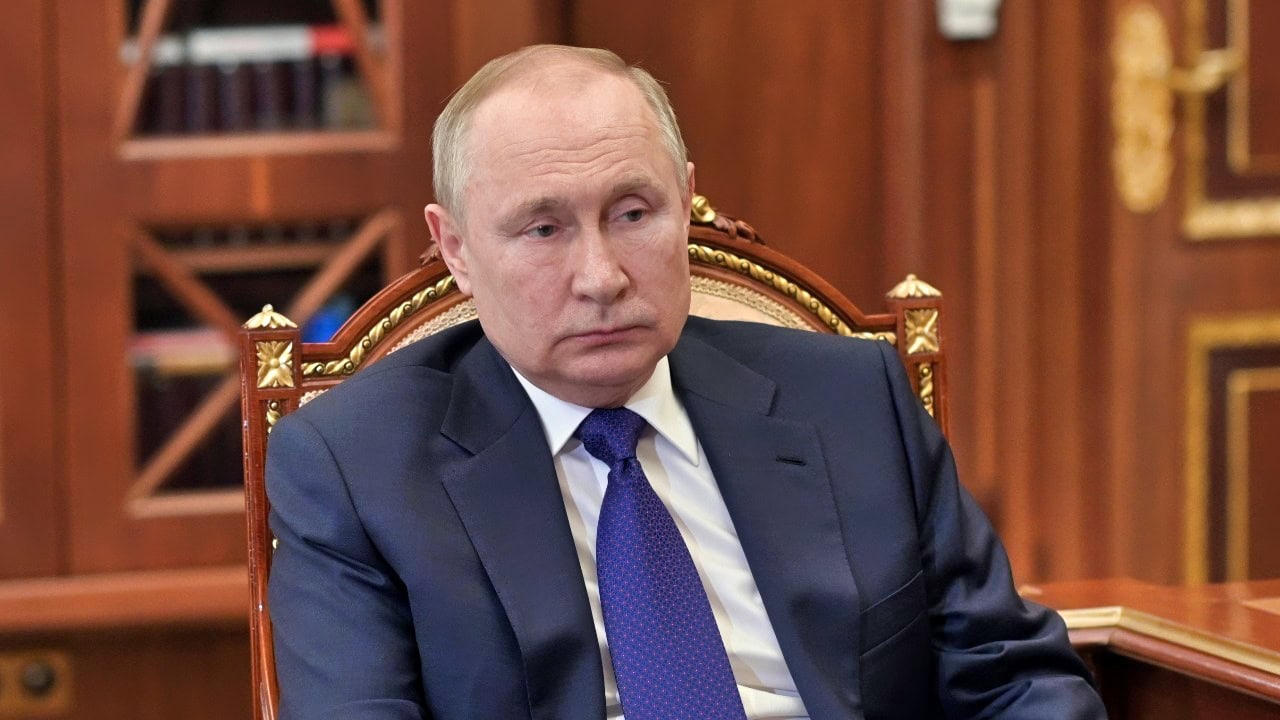Secretary Marco Rubio’s announcement following the US-Ukraine negotiations in Saudi Arabia that Ukraine has agreed to accept a 30-day ceasefire and to enter into negotiations with Russia is a test of the Trump administration’s relations with Moscow going forward.
As part of the Jeddah agreement, Washington will immediately restart intelligence sharing with Kyiv, restore deliveries of weapons and munitions, and work to complete the rare earth minerals deal with Ukraine.
The Ceasefire Question in Ukraine: What Will Russia Do?
This deal now puts the burden on Russia, for as Secretary Rubio said, “the ball is now in their court.”
The details of the agreement, and notwithstanding the fact that it does not address the critical question of security guarantees for Ukraine should a peace deal be negotiated, are not as important as the underlying dynamic of what just happened: For the first time since the Trump administration made ending the war a key pillar of its agenda, Russia is now firmly in the spotlight.
The key question is not whether Russia wants to negotiate with Ukraine in good faith, for Putin does not consider Zelensky a partner in this negotiation, but rather how Russia will respond to the offer brokered by the Trump administration, with the President personally involved and the prestige of the United States on the line.
Moscow has a decision to make: Will it come to the table and thereby allow the Trump administration to firmly assume the position of the peacemaker, or reject the deal and thus show that its propaganda line that Russia was forced into this conflict was simply a lie?
The Pressure is on Putin
As Secretary Rubio emphasized in his joint press conference with National Security Advisor Mike Waltz, Washington expects Moscow to “see the Ukrainian offer and reciprocate with a yes.”
Hence, if Putin refuses to negotiate, he will be sending a clear message that he is not interested in anything but subjugating Ukraine or that, ad extremum, he wants to completely eradicate the Ukrainian state.
Since the US has negotiated the deal and, in effect, put it on the table, if Putin rejects the proposal, his decision would be a direct blow, with inevitable consequences for the Trump administration’s overarching goal of improving US relations with Russia.
What the Future May Hold
It is futile at this point to speculate how this will unfold going forward, and whether Putin will find a way to stretch this process. However, should the Russians agree to stop all military operations they would be forfeiting the momentum they have been building on the battlefield since the rupture in US-Ukraine relations and the Trump administration’s decision to halt its aid to Ukraine. Indeed, one aspect of the Jedda agreement deserves attention.
Judging by the tenor of the joint statement issued after the meeting, it appears Kyiv decided to do an about-face on how it engages with Washington, most likely in an effort to ease tensions after the ill-fated meeting between Presidents Trump and Zelensky in the Oval Office.
The change in US-Ukraine internal dynamics could be seen during the press conference that Secretary Rubio and National Security Advisor Waltz held following the announcement of the agreement. It seems the administration is now ready to pivot away from pushing Kyiv to come to the negotiating table to pressuring Moscow to do the same.
Donald Trump May Learn a Hard Truth
The next few days could prove decisive, not so much for the resolution of the war in Ukraine, for even if Putin decides to negotiate it will likely be a drawn-out process.
However, depending on how the Russian side behaves going forward, these negotiations may either reaffirm the US-Russia rapprochement or be a sobering reality check for the Trump administration, verifying its assumptions about Putin’s near-term objectives and Russia’s long-term interests.

Russian President Putin during the meeting on developing genetic technologies in the Russian Federation (via videoconference).
Equally important, since Donald Trump has invested a good deal of his credibility and prestige into reaching an agreement that stops the killing in Ukraine—and to do so quickly—if Putin rejects the offer or creates an impression that the President cannot influence his decisions, we may see a significant cooling of relations between Washington and Moscow.
Should this negotiation collapse altogether because of Russia’s intransigence, we could witness another volte-face in US-Russia policy.
About the Author: Andrew A. Michta
Andrew A. Michta is a Senior Fellow at the Scowcroft Center for Strategy and Security at the Atlantic Council of the United States. Michta writes a weekly column for 19FortyFive. Views expressed here are his own.

